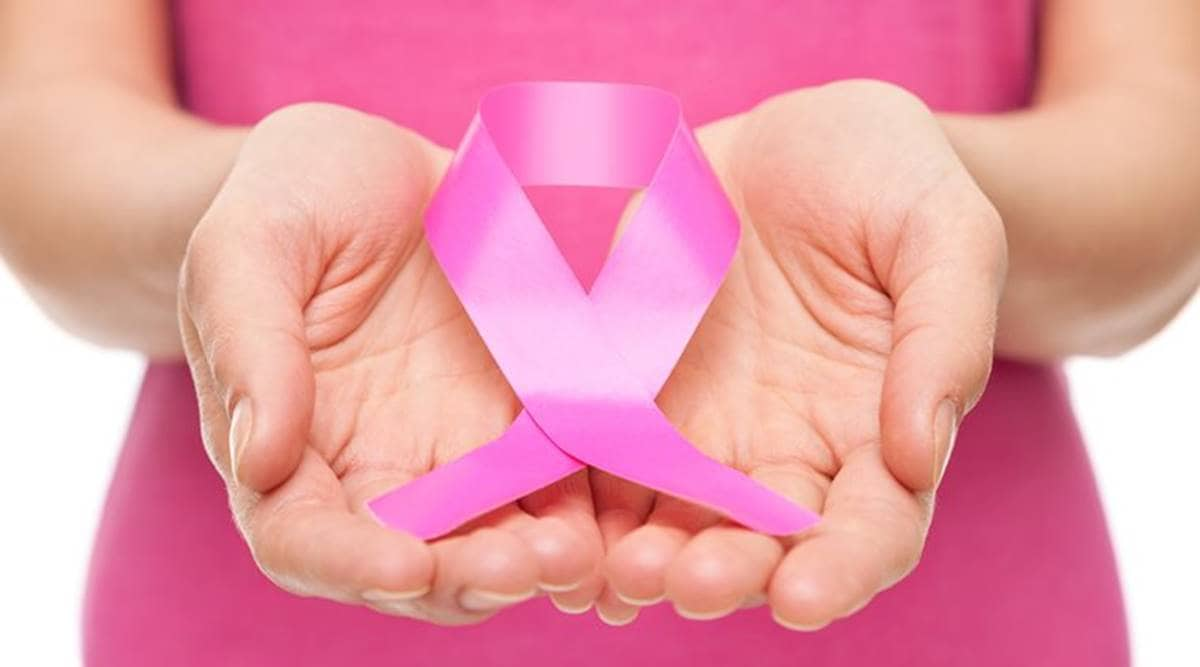Preventive and essential health checks for women
We present to you some pivotal health checks of women across all age groups so that your health risks are minimised

“70 percent of the serious health issues that a woman gets in her later ages is actually preventable provided she goes for regular health check-ups,” said Dr Manisha Ranjan, consultant obstetrician and gynecologist, Motherhood Hospital, Noida.
However, she added, that in India, it’s unfortunate that women don’t pay attention to preventive healthcare. “It enables us to know various risk factors for illness or injury, encourage us to have regular health check-ups, getting screened for cancer, getting immunised and practicing healthy habits,” she said.
“Women go through unique health care challenges and mostly get diagnosed at the last stages. It has been seen that chronic diseases including cardiovascular disease, cancer, and diabetes are the leading causes of female mortality. According to the Centers for Disease Control and Prevention (CDC), 38 percent of women suffer from one or more chronic diseases, compared to 30 percent of men. Managing chronic disease is often difficult for a woman, who doesn’t have any health coverage.
We present to you some pivotal health checks of women across all age groups so that your health risks are minimised.
For 11-12 years-old
Human papillomavirus (HPV) vaccination is recommended for all girls for protection from types of HPV that can cause cancers, such as cervical cancer. Human Papillomavirus (HPV) is one of the most common viral infections of the reproductive tract with most sexually active men and women experiencing it at some point in their life. Penetrative sex is not imperative for sexual transmission as skin-to-skin genital contact is a well-recognised mode of transmission. However, HPV infections usually clear up within a few months after acquisition with almost 90 percent of such cases clearing in two months.
For 20 years
A visit to the gynecologist for annual screening is a must. If a woman is observing a lump in the breast, symptoms such as pain in vagina or abnormal bleeding from the uterus, then she should immediately visit her gynecologist. Gynecologist will also help to treat issues including unwanted pregnancy, fertility, menstruation, and menopause.
For 21-29 years
Centers for Disease Control and Prevention (CDC) have recommended that all women who fall between the age group of 21 and 65 years should get their Pap smears tests at regular intervals. However, the National Institutes of Health (NIH) recommend that girls below 21-year-old should refrain from pap smears. At the same time, they also suggest that women over 65-year-old shouldn’t get a Pap smear except under certain circumstances, such as abnormal results or increased risk factors for cancer.
For 30-year-olds
Continue your Pap test and HPV tests. If your HPV tests reports are normal, you need to get your Pap smear test done every five years.
For 40-year-olds
One should start getting their mammogram, an x-ray of your breast, by this time. If breast cancer is detected on time, then the chances of getting a cure also become high. Therefore, regular mammograms are essential in finding breast cancer early. Make sure that you’re not getting your mammogram done a week ahead of your period because this is the time when your breasts are already tender. Avoid wearing perfume or deodorant on the day of mammogram.
For 45-50 years

Go for a colon cancer test. If you’re experiencing a persistent change in your bowel movements including diarrhea or constipation or bleeding in your stool, then there are chances that you’re going through the initial stages of colon cancer. It’s recommended to start screening for it when you’re nearing 50.
For 65 years and above
At this age, bones also get weaker and one should talk to their doctor about taking calcium supplements. It is not unusual for seniors to become lethargic and slack off when they are asked to follow a strict dietary regime. This may be due to exhaustion, depression, dental issues and a lot more. Whatever the case may be, it is up to them and their loved ones to make sure that they eat judiciously, failing which they become susceptible to reduced immunity, constipation, weak bones, diabetes, and high blood pressure.
Source: Read Full Article


